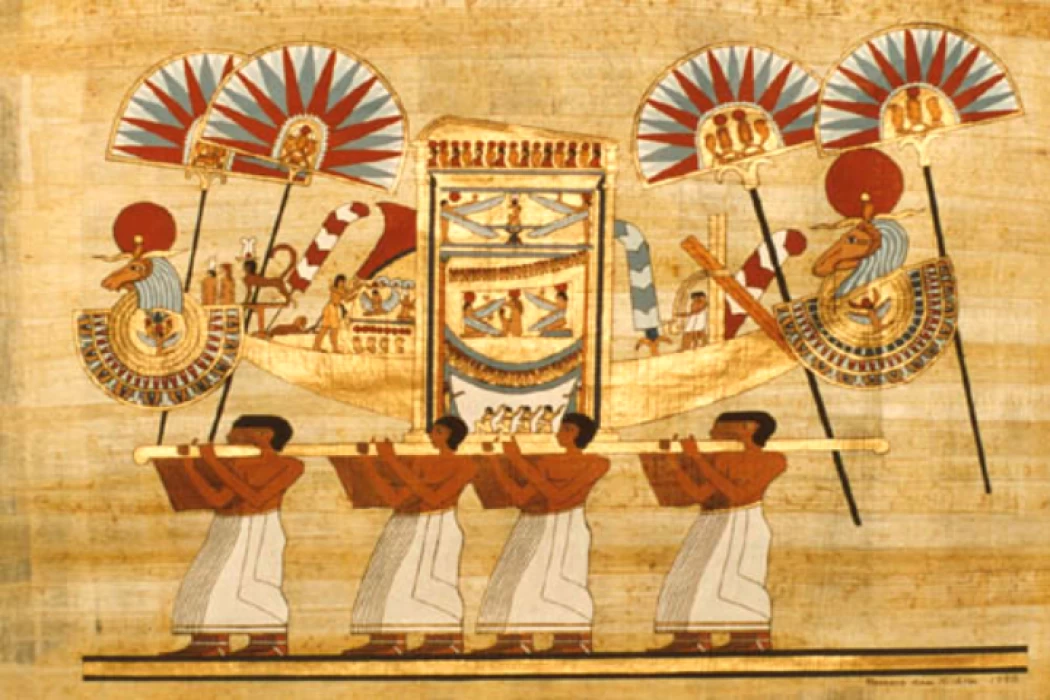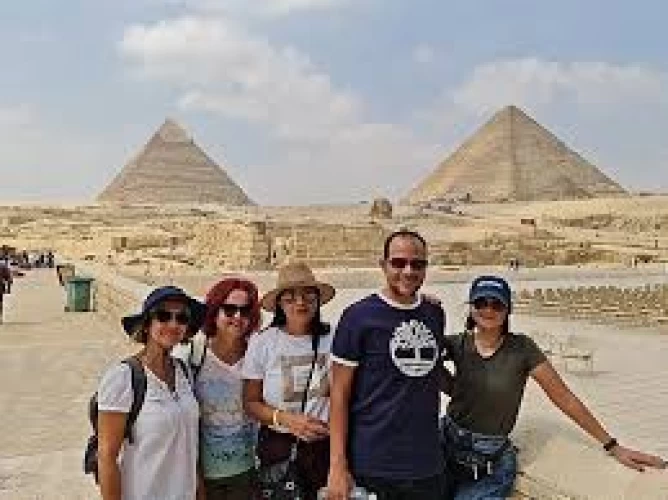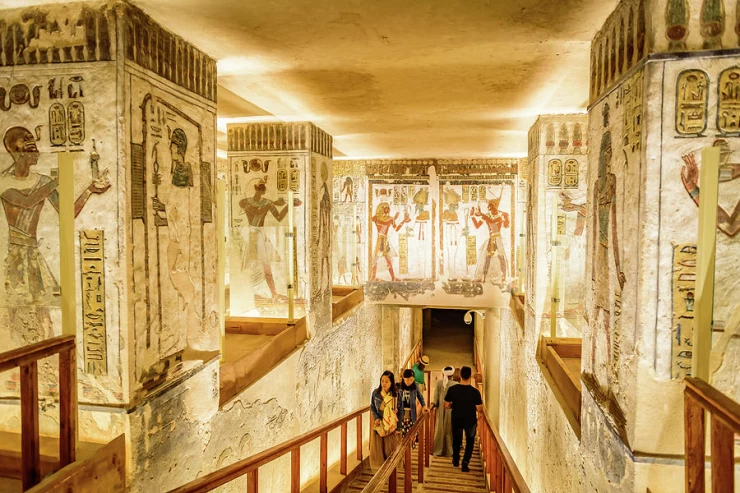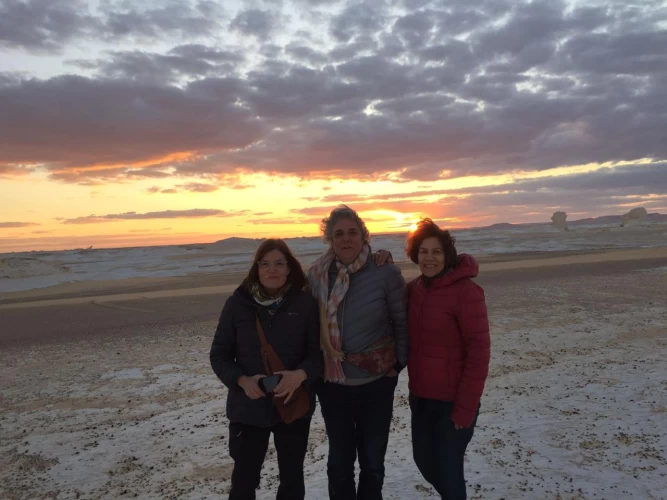
Opet festival
Opet festival
The festival in general in ancient Egypt means giving thanks and worshiping the god. The Opet or Heb-Nefer is a ritual journey, that the Egyptians celebrated to promote the Fertility of the god Amon and the king also. the ancient Egyptians celebrated annually the Opet festival in the second month during the flooding of the Nile *in ancient Egypt called Akhet* according to the lunar calendar.
In this fest, the trained of Thebes Amon, Mut, and Khons come from their shrine at al Karnak temples carrying on a Barque which means ceremonial wooden boat by a processional way lined with sphinxes to the temple of Luxor or as the ancient Egyptians called it Ipet Resyt.
Opet God
Opet become the predominant festival in the early New Kingdom when the 18th dynasty came to rule at first, they celebrate the feast for 11 days but with the coming of Ramesses III's reign, they celebrated for 24 days Then they returned to their shrines in Karnak once more.
as for the ritual itself, it is a marriage ceremony between the king and Amon that takes place in the Birth room, Why? spiritually to link them to ensure the king’s fertility and reinstate the king as the intermediary between the gods and the Egyptian people.
Opet definition
after that the king was ceremoniously reborn through a re-crowning ceremony, emphasizing the fertile nature of the king and legitimizing his divine right to rule.
we can see the festival Scenes decorated during the reign of King Tutankhamun on the colonnade of the Luxor temple.

















